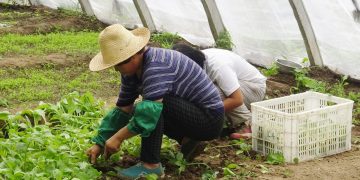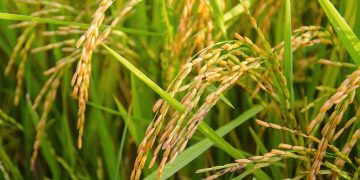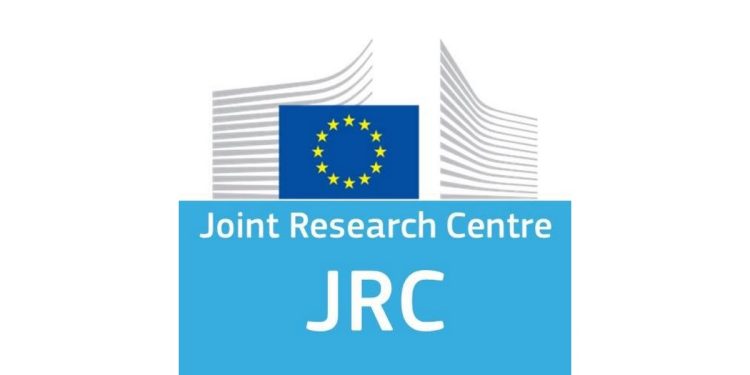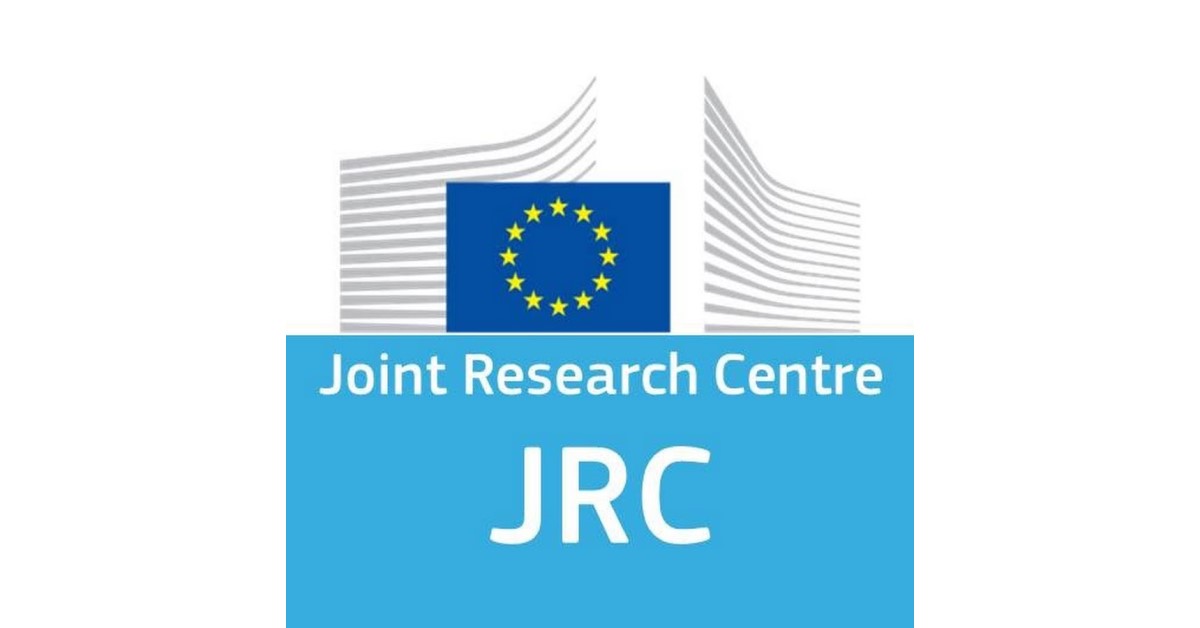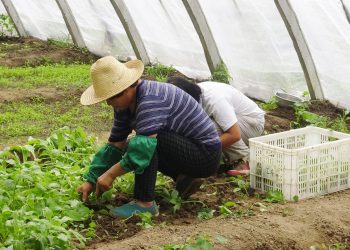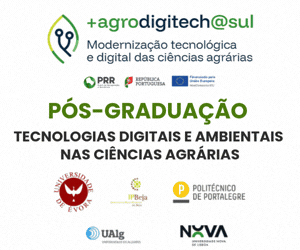Controlling pests that damage crops and plants is necessary both to safeguard food security and to ensure viable income to farmers for their production. This needs to be done while minimising the risks to people and the environment. Such an approach, using natural methods whenever possible and chemical pesticides as last resort, is called ‘integrated pest management’ (IPM). Today, the European Commission published a database presenting an overview of the IPM methods currently available, accompanied by a study assessing their effectiveness and prospects for their further uptake.
The database includes about 1300 examples of practices, techniques and technologies across eight IPM principles established at EU and international level, such as the use of crop rotation and balanced fertilisation, monitoring of harmful organisms, targeted and reduced application and, more importantly, the preference for non-chemical pest control methods. The database also includes 273 “crop-specific guidelines” developed by Member States’ national authorities and public bodies to implement the IPM requirements under the Sustainable Use of pesticides Directive (SUD). This overview of practices, established following two years of work, shows that there is a great variety in the uptake and implementation options for IPM across EU countries. All examples are presented in national languages with a brief introduction in English. This toolbox is intended to inspire national authorities, farm advisors etc. to develop and implement IPM approaches after adapting them to local/regional farm and agro-climatic conditions. The database, hosted in the JRC’s Data-Modelling platform of resource economics (DATAm), will be updated with additional examples on a regular basis.
In parallel to this large overview, a study explores current IPM practices and their potential to help to reduce the dependency on chemical pesticides, their cost for implementation and their overall effectiveness. The study also investigates the key factors affecting the reduction of dependency on pesticide use and the key barriers and drivers associated with it. It appears that pressure from civil society, an incentivising regulatory framework and a favourable economic environment all represent drivers to reduce the use of pesticides. Reducing the use of pesticides often works best when combined with other goals, such as soil conservation practices, reduction of fertiliser use and the provision of ecosystem services, such as the preservation of pollinators or the restoration of natural habitats (e.g. hedges).
The perceived inadequate number of viable and affordable alternatives to conventional practices remains the main barrier to reduce our dependence on pesticides. Collective purchases of equipment or contract solutions may be an option to tackle the possible ensuing costs associated with some alternative methods.
Support at national and EU level through information and dissemination measures for all existing alternatives and new technologies is crucial to increase the successful implementation of IPM. The present toolbox represents such an effort to promote and support the use of IPM by farmers, as required by the current SUD, but also beyond it, on a voluntary basis.
Background
The Farm to Fork Strategy sets out two objectives in terms of pesticide reduction: a 50% reduction by 2030 in the use and risk of chemical pesticides and the use of more hazardous pesticides.
The Sustainable Use of pesticides Directive (SUD) provides the conditions that national authorities should set to ensure the sustainable use of pesticides by farmers and other professional users of pesticides. This includes the use of Integrated Pest Management (IPM) approaches set out in eight general principles. Against the Farm to Fork Strategy background and to strengthen the implementation of the SUD objectives, the Commission has adopted in June 2022 a proposal for a Regulation replacing the SUD. It sets EU targets for the reduction of pesticides and provides national targets, as well as more specific requirements at users’ level, including for IPM in the form of “crop-specific rules”.
The new CAP includes several instruments for farmers in their efforts to reduce the use of pesticides. Eco-schemes under the CAP first Pillar provide a foreseen budget of minimum €48.5 billion for environmental and climate practices, including for reduction of pesticides and organic farming. Management Commitments under the CAP second Pillar (rural development) come with a foreseen EU budget of minimum €21.14 billion (supplemented by national co-financing). The CAP’s second Pillar can also support investments in precision farming which also contribute to pesticide reduction. CAP market measures in sectors such as fruits and vegetable or wine may finance collective actions for promoting practices such as integrated pest management or integrated production as well as organic production. Under the Farm Advisory Services, Member States must provide advice to farmers on a number of issues including sustainable use of pesticides. Setting-up and use of advice may also be funded by the CAP second Pillar, through the European Innovation Partnership (EIP-AGRI) for example.
O artigo foi publicado originalmente em JRC.



